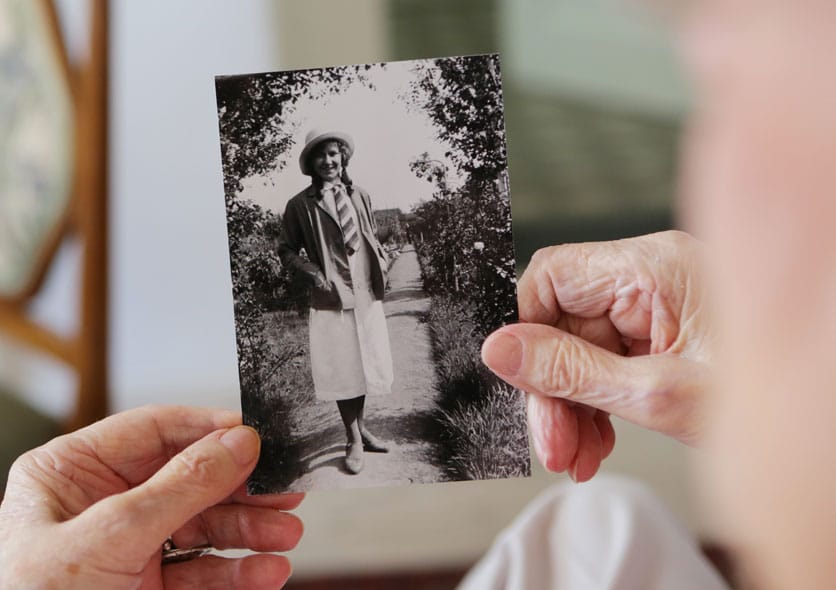Nursing staff at Bryn Hesketh Memory Clinic and Day Hospital are responsible for the assessment of people newly-diagnosed with memory problems. Following the initial screening, members of the multi-disciplinary team make ongoing assessments and offer appropriate support to patients and their carers.
Verbal feedback from carers, service users and the observations of team members led to the realisation that there is little information available after a diagnosis had been made. Lack of support was noted to be a particular concern for those service users and carers in supportive marital relationships.
Carers who have a long standing involvement with Bryn Hesketh, whose relatives have used the Memory Clinic or have relatives in the moderate/severe stages of dementia, have suggested that they would have benefited from more intensive support following their relative’s diagnosis. Published academic research also supports this view.
To address this need, we developed a therapeutic support group for couples, complemented by post diagnostic education and support sessions and therapies.
The coping strategies of service users recently diagnosed with dementia and their carers often become strained due to feelings of loss, uncertainty and concerns regarding social exclusion. The project recognised these issues and offered therapeutic support to this group before a crisis occurs. The project also encouraged a proactive rather than reactive plan of care.
Many of the clients that we saw wanted more handouts to refer to at home and in the future. As a team we decided to design a reference handbook which contained all the information that we had covered in the six week course. This has been passed by our trust and other memory clinics have expressed interest in using it also. If this is used by the other memory clinics in the trust then it will be available to service users in up to a third of Wales.
The project has now become embedded within our normal working routine and we are hopeful that once training is completed it will be continued in other memory clinics within the trust.
It also appears to be having a positive impact on our clients and their carers and is also improving the relationships between them and us. We have now followed up this project by seeing our clients on a one to one basis through memory clinic appointments and are working with these clients, using the knowledge and skills that they learn from the group, to carry out goal setting on an individual basis.
The project has forged much closer working relationships and improved communication between different professionals. It has also initiated a “chain of thought” between staff into looking at ways of doing things differently in other areas of our practice. The project has also lifted the profile of our own work and the work of our team within the trust in a very positive way. We have been able to work with other units within the trust that we previously had little or no contact with and have been able to share our learning with them and encourage everyone to look at new ways of providing services.
We have thoroughly enjoyed our experience working with the QNI and would strongly recommend other professionals to do so.
– The Project Leaders
 Back to Resources
Back to Resources 
